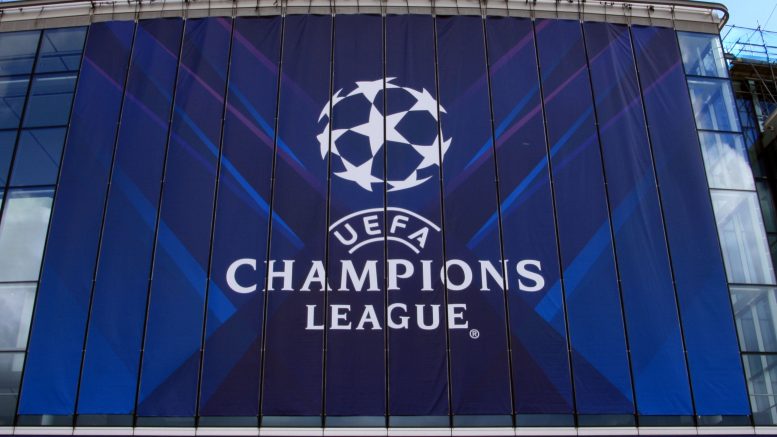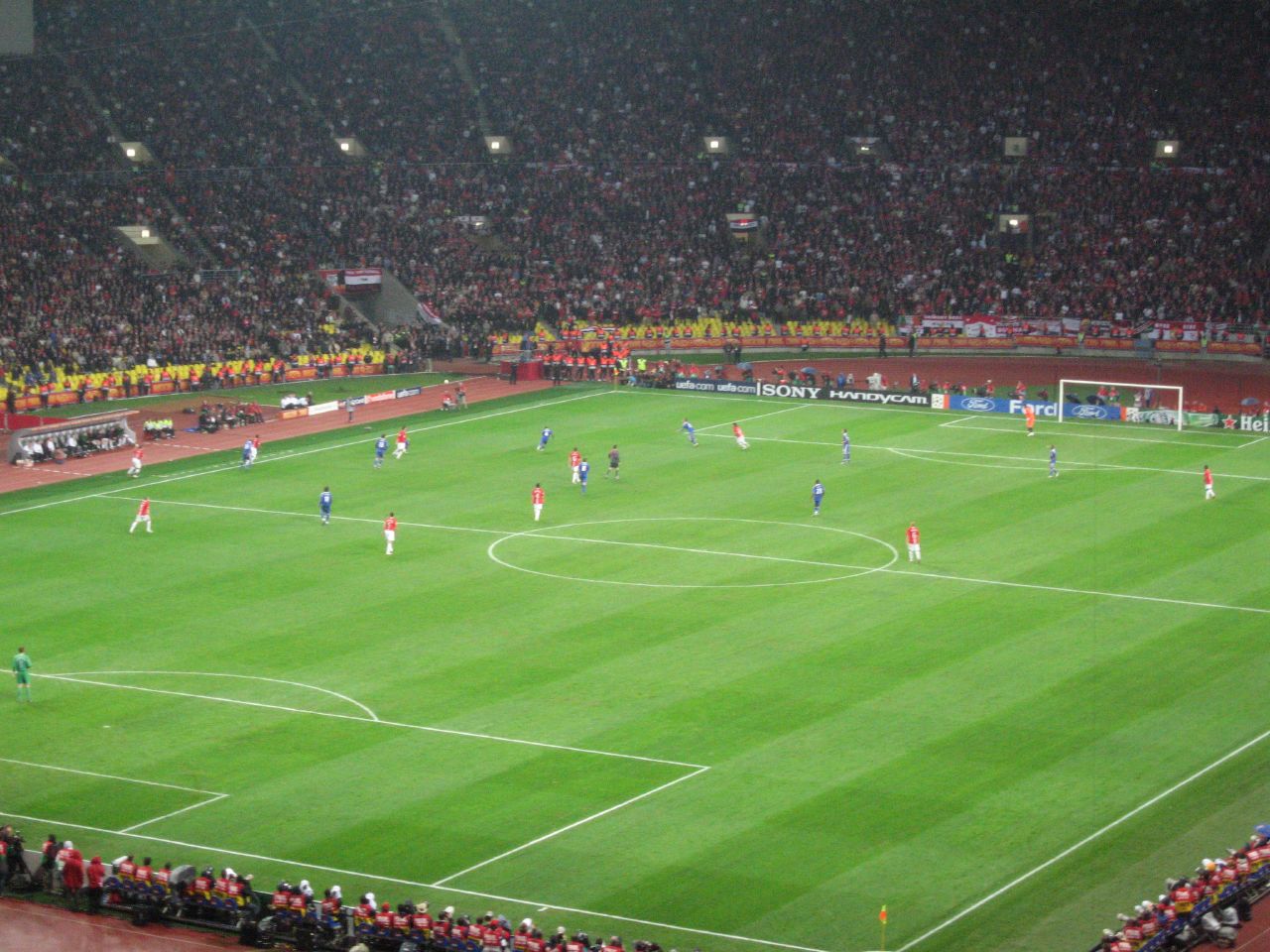After years of ridicule from the rest of Europe, it seems that English football is finally returning to the top. Although there’s plenty of football to be played before June, The Voice of London Sport has crunched the numbers to see if we’re getting ahead of ourselves or not.
With a game to spare in European group stage competitions – Chelsea, Tottenham Hotspur and Arsenal have all booked their places in the knockout round of the Champions League and Europa League.
Antonio Conte’s Blues and Mauricio Pochettino’s Spurs have reached the last 16 of the continent’s most prestigious competition, while Arsène Wenger’s Gunners made light work of their Europa League group in the tier below.
To add to that English success, Premier League leaders Manchester City are also through to the Champions League knockout stages, while their rivals Manchester United and Liverpool are expected to book their place after the final game.

The Premier League teams have been on top so far in Europe. Photo credit: By @cfcunofficial (Chelsea Debs)
Should those two emerge victorious on matchday six, they would ensure every English team in the tournament will have made it to the knockout phase.
And that hasn’t happened for a long time.
In fact, the last time every Premier League side made it out of the groups was in 2013 and less impressively than this year, there were only four English teams playing.
If you want to get a little carried away, it’s also highly likely all the teams will win their groups and with that, get a slightly more favourable draw in the last 16.
And the last time that happened? 11 years ago, when English football was Europe’s dominant force, with a team in the final of the Champions League every season from 2005 to 2009.
To bring you back down to earth, it’s worth noting that the quality of opposition in Europe has far increased and there are no easy games.
And this has caught our sides out in recent years, shown by the fact that the last time any English team reached the Champions League final was in 2012.
But with 20 wins, six draws and only two losses in this year’s competition between the English teams combined, it appears we’re getting the hang of continental competition once again.
And the London teams are leading the way. Spurs have already fired warning shots to defending champions Real Madrid – taking four points from six in their two group games.
Chelsea, similarly, have beaten Spanish opposition. They won 2-1 early in the group stage away to Atlético Madrid and will play them again at Stamford Bridge in a couple of weeks time.
Those teams have been performing very well and arguably have only been outshone by their domestic rivals.
Pep Guardiola’s City have been the standout team of the group stages, winning all of their first five fixtures for the first time in the club’s history.
Across Manchester, Jose Mourniho’s United have been equally as dominant, winning four of their five games so far.
It’s fair to say that it’s looking good for England on the continental stage.
Of course, competing with the likes of Paris Saint-Germain, Barcelona and Bayern Munich (who are all likely to reach the knockout stage) will be tough.
But competing is exactly what the English teams will want to do. Every side has shown their pedigree in the competition so far and there’s no reason they can’t dominate the next rounds.
And with five teams in the mix, one more than usual, an all English final is a strong possibility and would be the first time it’s happened in nine years.
Should an English team win the Champions League, the Premier League will once again command the respect of fans across the continent, some of whom believe its quality has been overtaken in recent years by Spain’s LaLiga or Germany’s Bundesliga.
And Arsenal can help cement that respect by winning the Europa League. If they do that and one of the five Premier League teams are successful the Champions League, European dominance would be confirmed.
With the opposition in that competition a level below, the only teams likely to trouble them would be AC Milan and Lyon, two teams the Gunners are more than equipped to deal with.
Of course, there’s plenty of football to be played ahead of the finals in June. For Champions League teams, three more rounds await and for Arsenal in the Europa League, four more ahead of the final.
After matchday six concludes, which will be played on the week commencing December 4th, European competition takes a break until February.
Every major European league, bar one, also takes a winter break over December and January. The one league that doesn’t? The Premier League.
The elite English stars are worked even harder than normal over a packed schedule and often have to play multiple times a week over the festive period.
It can’t ever really be proven if having a winter break affects performance in Europe a month or so later, but players do undoubtedly become tired over the course of a long season.
However – winning a European trophy come June would be the greatest and perhaps latest Christmas present English players could ask for.
It would make the packed winter schedule worth every moment. But let’s not get ahead of ourselves too early.
Even so, in true Christmas spirit – albeit a month or so early – the star English teams look to be back on the top of the European tree this season.
Words: Oliver Browning | Subbing: Reuben Pinder





